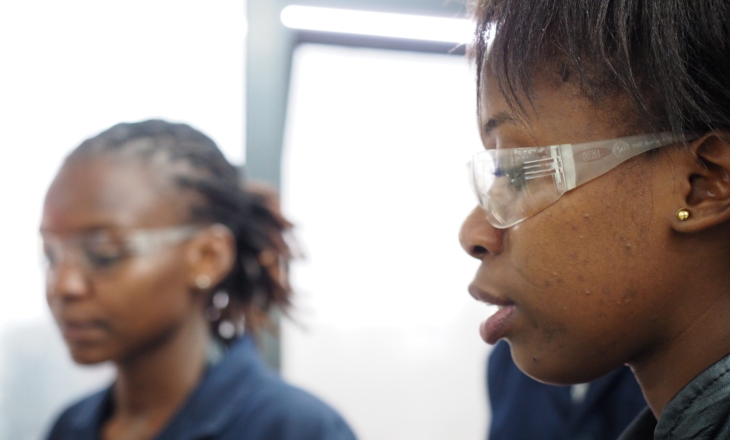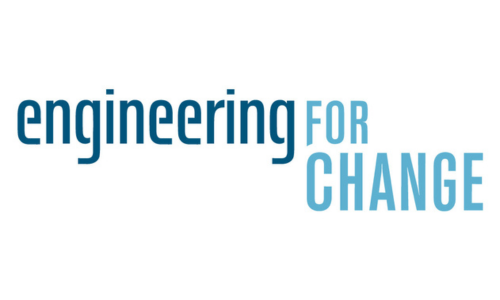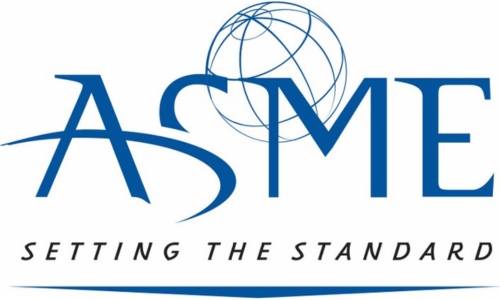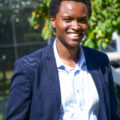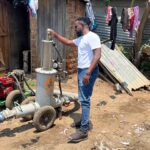 Project
Project
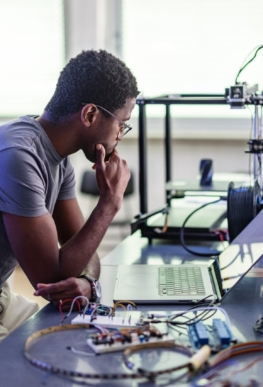
Overview
The Engineering for Change (E4C) Fellowship is a workforce development program at the intersection of engineering and sustainable development. E4C activates and empowers early-career engineers and technical professionals to solve critical local and global challenges.
The Fellowship consists of three core elements: 1) Learning Program, 2) Impact Projects, and 3) Networking. Fellows engage part-time for 5 months from May to September, building and strengthening their professional and technical skills, network and experience.
BrochureFellowship Sponsors
 Project
Project
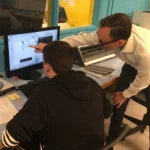 Project
Project
Stacks+Joules
Advancing the Digitization of a Community Center and…
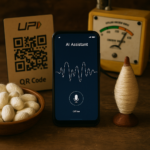 Project
Project
Resham Sutra Pvt Ltd
AI Voice Assistant for a Textile Marketplace App…
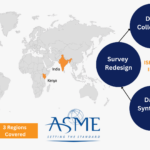 Project
Project
American Society of Mechanical Engineers (ASME)
ASME ISHOW – Impact Measurement and Management
 Project
Project
United Nations High Commissioner for Refugees (UNHCR)
Assessing Climate Resiliency of Water and Sanitation Infrastructure
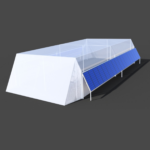 Project
Project
Kheyti
Design and Technical Support to Integrate Agrivoltaics to…
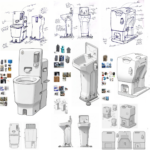 Project
Project
Splash Social Enterprises
Design of a Durable Non-Plumbed WASH Station
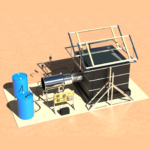 Project
Project
SeaFreight Labs
Design of a Fossil-Fuel-Free Irrigation System
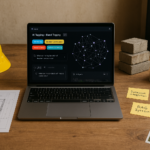 Project
Project
Hometeam Ventures
Developing AI Tool for Database of Transformative Construction…
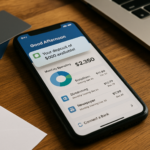 Project
Project
finEQUITY
Developing Features and Integrations for Financial Wellness Tool
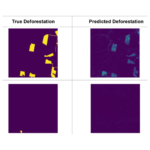 Project
Project
Balloon Tech Co.
Developing New Features for High-Altitude Platform Capturing Earth…
 Project
Project
BamCore
Development of a Dimension Drawing Automation Tool for…
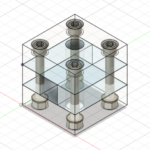 Project
Project
Jane Addams Resource Corporation (JARC)
Development of Instructional Drawings for Careers in Manufacturing…
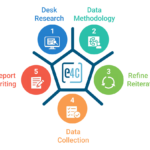 Project
Project
Engineering for Change
E4C Fellow Alumni Impact, Outcomes and Needs
 Project
Project
Engineering for Change
E4C Impact Project Partner Impact, Outcomes and Needs
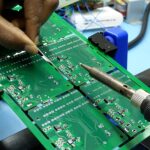 Project
Project
American Society of Mechanical Engineers (ASME)
Engineering for Change & Mechanical Engineering Magazine Editorial…
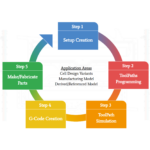 Project
Project
Nth Cycle
Fusion 360 Workflow Design and Process Improvement
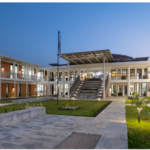 Project
Project
Build Health International
Implementation Plan for Adoption of Sustainable Design Approaches
 Project
Project
Nth Cycle
Material Research for Sustainable and Efficient Recovery of…
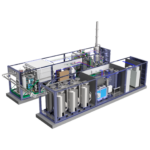 Project
Project
M2X Energy
Mechanical Design of the Container Based Gas Clean…
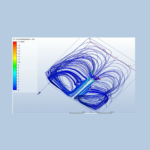 Project
Project
Uravu Labs Pvt Ltd
Modelling and Simulation of Air-to-Water Technology
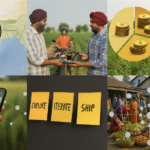 Project
Project
Synapses
Open Digital Infrastructure For Rural Agriculture and Energy…
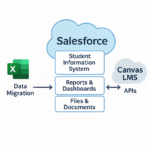 Project
Project
BluLever Education
Organisation Wide Salesforce Implementation
 Project
Project
Prometheus Materials
Research and Development of Feedstock Formulation for Concrete…
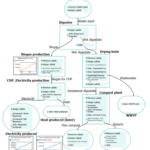 Project
Project
Safisana
Technical Economic Analysis of Safisana’s Waste-to-Resource Factories
Fellowship FAQs
Below are answers to some of the most frequently asked questions regarding E4C Fellowships.
Each year, the E4C Fellowship starts in May and ends in September.
E4C Fellows advance their professional and technical skills, participate in a state-of-the-art Learning Program, gain real-world experience, and network with a global community of best-in-class peers, experts, and mentors. Join a growing E4C Fellow alumni network of passionate, Engineering for Sustainable Development practitioners and receive exclusive opportunities to engage with E4C on future projects. Fellows earn a digital badge for completion of the Fellowship and have their work published and promoted on E4C platforms and social media channels.
Fellows engage with E4C on a part-time (20-25 hours/week) and remote basis from the beginning of May to the end of September. Fellows participate in a Learning Program providing professional development training and knowledge-building through weekly learning modules and small group calls, as well as one-to-one mentorship meetings, technology assessment training and other skill-building opportunities. Sponsored by mission-aligned organizations, E4C Fellows work with diverse, interdisciplinary, multi-sector teams and develop their professional and technical skills by investigating, optimizing, and designing to advance the United Nations Sustainable Development Goals through an Impact Project.
Fellows receive a stipend for the duration of the fellowship, which is not a salary or wage and is not intended to be the Fellow’s primary income source. The amount awarded varies based on cost-of-living and expertise, and is paid in installments. The stipend installments are tied to performance and will be processed after completing defined goals/targets.
Any early-career technical professional, whether studying (3rd or 4th year of bachelor’s degree and equivalent) or in the workforce. We consider anyone with less than 10 years of relevant experience as early-career. We consider technical professionals to include engineers, architects, data analysts, computer scientists, natural scientists, and any others working at the intersection of technology, sustainable development, and social impact.
Candidates should be proficient in English (reading, writing, and speaking) and will be expected to demonstrate their ability to do research or design, work with diverse international teams, be resourceful, meet deadlines, and work remotely.
1. Become an E4C Member
2. CV or resume
3. Two or three professional references
4. Identify your top 3 three Impact Project choices
5. Fill out the application form
6. Optional work samples (e.g., portfolio, projects, models, simulations, certifications, etc.,) or evidence of research proficiency (e.g., papers, projects, reports, etc.)
Fellows are selected based on their alignment with specific Impact Project requirements; academic performance; Engineering for Sustainable Development (ESD), social impact, and/or sustainability experience; sector of specialization; and references. Candidates based in the same region as the project may be prioritized if desired by the project partner. Fellows must have the right to work in the country where they will be based during the Fellowship.
Fellows commit to 20-25 hours per week from the beginning of May to the end of September. Fellows are not required to log their hours but must attend scheduled Fellowship activities, including:
1. Onboarding Calls during the first two weeks of May
2. Weekly Learning Modules – Wednesdays from 10-11:30am Eastern Time
3. Weekly Small Group Calls – times to be determined based on Fellows’ availability
4. Bi-weekly (or more frequent) Partner Calls – times to be determined based on Fellow and partner availability
You can find details about past Fellows by visiting our 2024 Fellowship page. If you’d like to see past Impact Projects completed by Fellows, please view our past Impact Projects Reports on our Research page.
